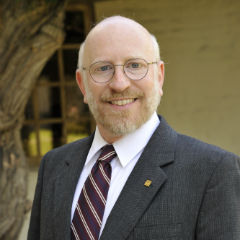
- This event has passed.
Physics & Engineering Physics Colloquium
Wednesday, April 13, 2022, 2:30 – 3:30 p.m.
Elizabeth Thrall, Ph.D., assistant professor in the Department of Chemistry at Fordham University, will present “Overcoming Obstacles: Visualizing How the DNA Replication Machinery Bypasses DNA Damage.”
Across all domains of life, DNA is replicated by a multi-protein complex known as the replisome. At the center of the replisome are DNA polymerases, the enzymes that synthesize new DNA strands using the parental DNA as a template. Although the replisome efficiently and accurately copies undamaged DNA, it can be blocked by unrepaired lesions on the DNA template. The DNA damage tolerance pathway translesion synthesis (TLS) allows cells to alleviate this potentially lethal blockade. In TLS, specialized DNA polymerases gain access to the template, bypass the damage, and then relinquish the template to allow the replisome to continue normal DNA synthesis. Because TLS polymerases are error-prone, however, their access to the template must be tightly regulated to avoid harmful mutations. Using particle-tracking photoactivation localization microscopy (PALM), we visualize the behavior of single molecules of the TLS polymerase Pol IV in live Escherichia coli cells. We show that Pol IV is not strongly enriched near sites of DNA replication in normally growing cells but instead is recruited in response to DNA damage. Further, we identify the protein-protein interactions that are important for this recruitment. These results suggest a mechanism by which the cell limits access of Pol IV to the DNA template, minimizing unnecessary mutagenesis.



